7 Ways an Electrician Can Help Lower Your Energy Bill
Reducing your energy bill isn't just about turning off lights or unplugging devices—it's about optimizing your entire electrical system for efficiency. This is where a licensed electrician becomes a key asset. From upgrading outdated components to installing smarter systems, their work can significantly reduce monthly energy costs.
Many homeowners are unaware of just how much energy their homes waste daily. Appliances left on standby, outdated lighting, poor insulation, and aging HVAC systems are just a few contributors. A qualified electrician brings the skills needed to assess, recommend, and implement energy-efficient solutions tailored to your specific home and budget.
According to HomeGuide, electricians typically charge $50 to $130 per hour, and the initial service call—covering the first hour—ranges from $100 to $200. These rates are minimal compared to the long-term savings that result from a well-optimized home. Below are several ways an electrician can help lower your energy bill and increase your home's overall performance.
1. Conducting an Energy Audit
An energy audit is a foundational service for anyone aiming to reduce energy consumption. An electrician will evaluate your home's systems—from appliances and lighting to wiring and circuit performance—and produce a detailed report highlighting inefficiencies.
Appliances that draw “phantom” power (energy used even when the appliance is turned off) can add hundreds to your annual bill. A professional audit identifies which devices are the biggest offenders and offers alternatives or smarter usage habits.
Electricians can also use thermal imaging and diagnostic tools to uncover hidden inefficiencies, such as hot wires, poor connections, or overloaded circuits. These issues, left unchecked, not only cost more in energy but can also pose safety hazards. Fixing them early protects your wallet and your property.
2. Upgrading to Energy-Efficient Lighting
Lighting alone can account for up to 15% of a household's electricity use, according to the U.S. Department of Energy. Swapping old incandescent or halogen bulbs with LEDs is one of the fastest ways to see a drop in your electric bill. But upgrading lighting isn't just about screwing in new bulbs—it often involves fixture replacements, rewiring, and compatibility checks, which are best handled by a licensed electrician.
Electricians also install dimmer switches, smart bulbs, and motion sensors that further reduce electricity use by adjusting lighting based on need. For example, motion-activated lights in closets or bathrooms only turn on when necessary, eliminating waste entirely.
They can also help you take advantage of daylight with placement advice or window-related changes that complement your lighting layout. These adjustments can dramatically improve lighting efficiency without sacrificing comfort or design.
3. Improving Insulation Around Electrical Fixtures
Outlets, light switches, and electrical boxes are all weak points in your home's insulation system. Small drafts around these areas force your heating and cooling systems to work harder, increasing energy costs. A professional electrician can seal and insulate these problem areas, offering a simple but effective solution for improving overall energy efficiency.
They may recommend insulated wall plates or foam gaskets to create a tighter seal. In some cases, your home's insulation issues may be tied to outdated wiring or poor placement of electrical components. In those cases, they can rewire or reposition fixtures for better energy performance.
Electricians also inspect the attic, basement, and crawl spaces—areas where wiring may penetrate insulation layers—and seal or protect these vulnerable zones. The result is less thermal loss, more consistent indoor temperatures, and lower HVAC usage throughout the year.
4. Optimizing HVAC Systems
While HVAC systems are typically serviced by heating and cooling professionals, electricians are responsible for the vital electrical components that power them. This includes thermostats, control panels, breakers, and wiring—all of which influence the system's efficiency and safety.
Electricians can install programmable thermostats or smart HVAC controls that help homeowners regulate temperature more effectively. By setting schedules or integrating learning algorithms, these devices reduce unnecessary heating or cooling—especially while you're away.
They also evaluate the condition and energy efficiency of the blowers, compressors, and fans. When these components receive insufficient power or are wired incorrectly, energy waste skyrockets. Electricians ensure everything is functioning optimally and safely to prevent outages or inefficiency.
5. Installing Energy-Efficient Appliances
Replacing outdated appliances with ENERGY STAR models can yield big energy savings. However, proper installation is key. Electricians verify that new appliances receive the correct voltage, are on dedicated circuits when needed, and won't overload your panel.
For high-demand appliances like ovens, dryers, and water heaters, electricians ensure the load is distributed evenly throughout your system. They may also recommend surge protectors or smart outlets to protect your new appliances and control energy use remotely.
In homes with home offices or entertainment centers, phantom loads from idle electronics can also add up. An electrician can suggest and install whole-home surge protection or smart circuits to cut unnecessary power usage at the source.
6. Integrating Renewable Energy Options
If you're ready to invest in green energy, electricians can walk you through options like solar panels, battery backups, or even wind turbines. From checking your roof's sun exposure to selecting the right inverter, their role is critical in the installation and safe integration of these systems.
Electricians can also help you connect your renewable system to the local utility grid, making you eligible for net metering—a program that credits you for excess energy sent back to the grid. This can drastically reduce or even eliminate your monthly power bill.
Battery storage systems are another option for homeowners who want to be less dependent on traditional electricity. An electrician can install systems that store excess energy for use during outages or peak-rate times, adding another layer of cost control and reliability.
7. Rewiring and Panel Upgrades
Many homes—especially older ones—were not designed to handle modern energy demands. Outdated wiring and undersized electrical panels can lead to energy waste, overloaded circuits, and safety risks. Electricians can inspect your panel and rewire sections of your home to improve energy delivery and balance.
New panels can also accommodate additional energy-saving tools like EV chargers, heat pumps, or expanded smart home systems. By upgrading your system, you gain the flexibility to install more efficient appliances without risking shorts or outages.
Rewiring projects may also include installing GFCI or AFCI outlets in places like kitchens, bathrooms, or basements—improving both safety and code compliance while boosting performance.
Hiring an electrician is one of the smartest investments you can make when trying to lower your energy bill. Their knowledge goes far beyond wiring; they provide practical, safe, and long-term solutions that optimize every corner of your home for efficiency. Whether it's updating your lights, sealing electrical outlets, or installing solar panels, their work leads to measurable results.
With hourly rates typically ranging from $50 to $130 and first-hour service calls averaging $100 to $200, according to HomeGuide, their services are accessible and often pay for themselves over time. Homeowners gain more than just energy savings—they get peace of mind, enhanced safety, and a home that runs smarter and greener.
Ready to cut your energy costs and improve your home's performance? Contact Frog Heating & Air Conditioning LLC today and start building a more efficient future, one upgrade at a time. We'll be happy to answer any questions you may have about our services before you hire our team!
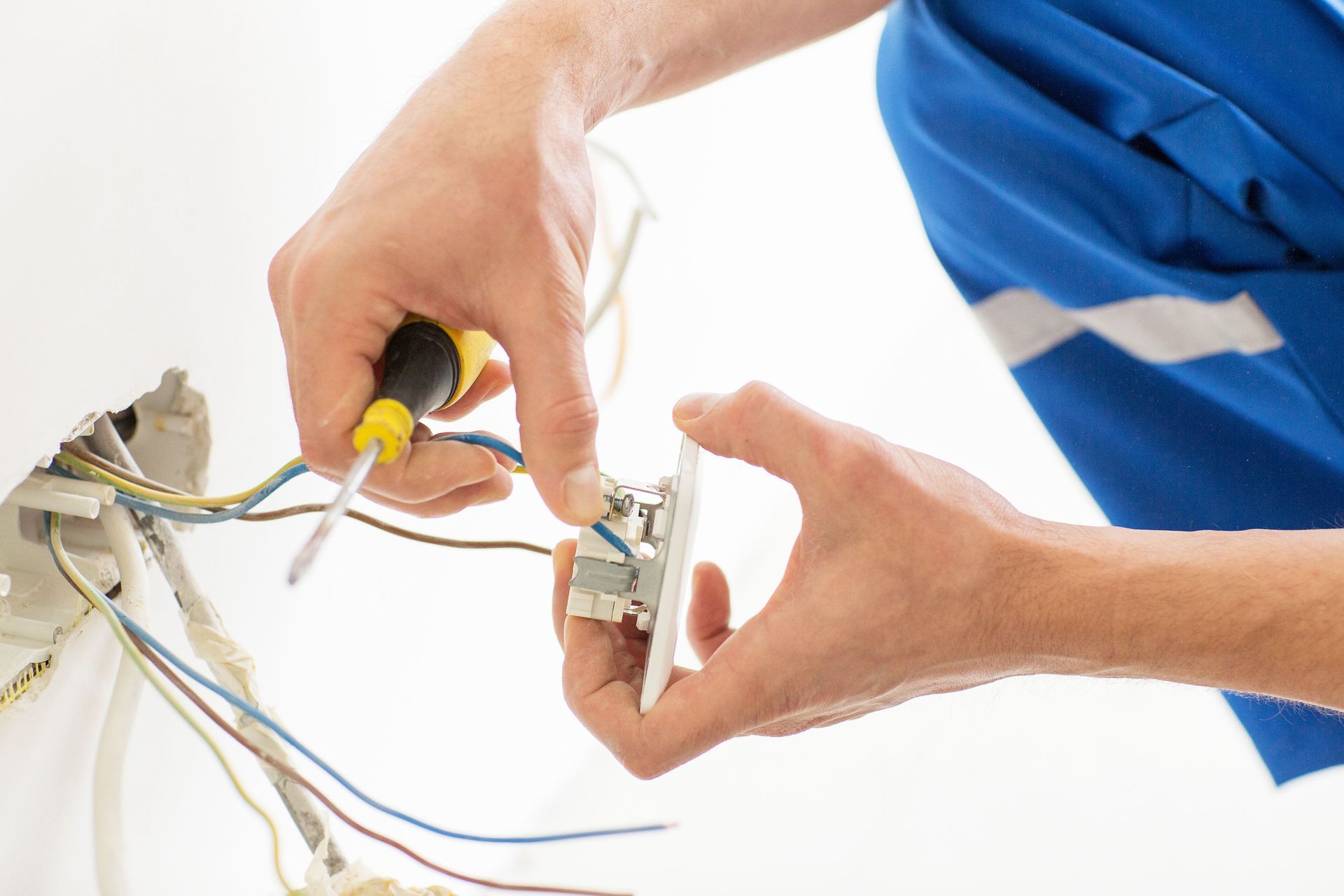

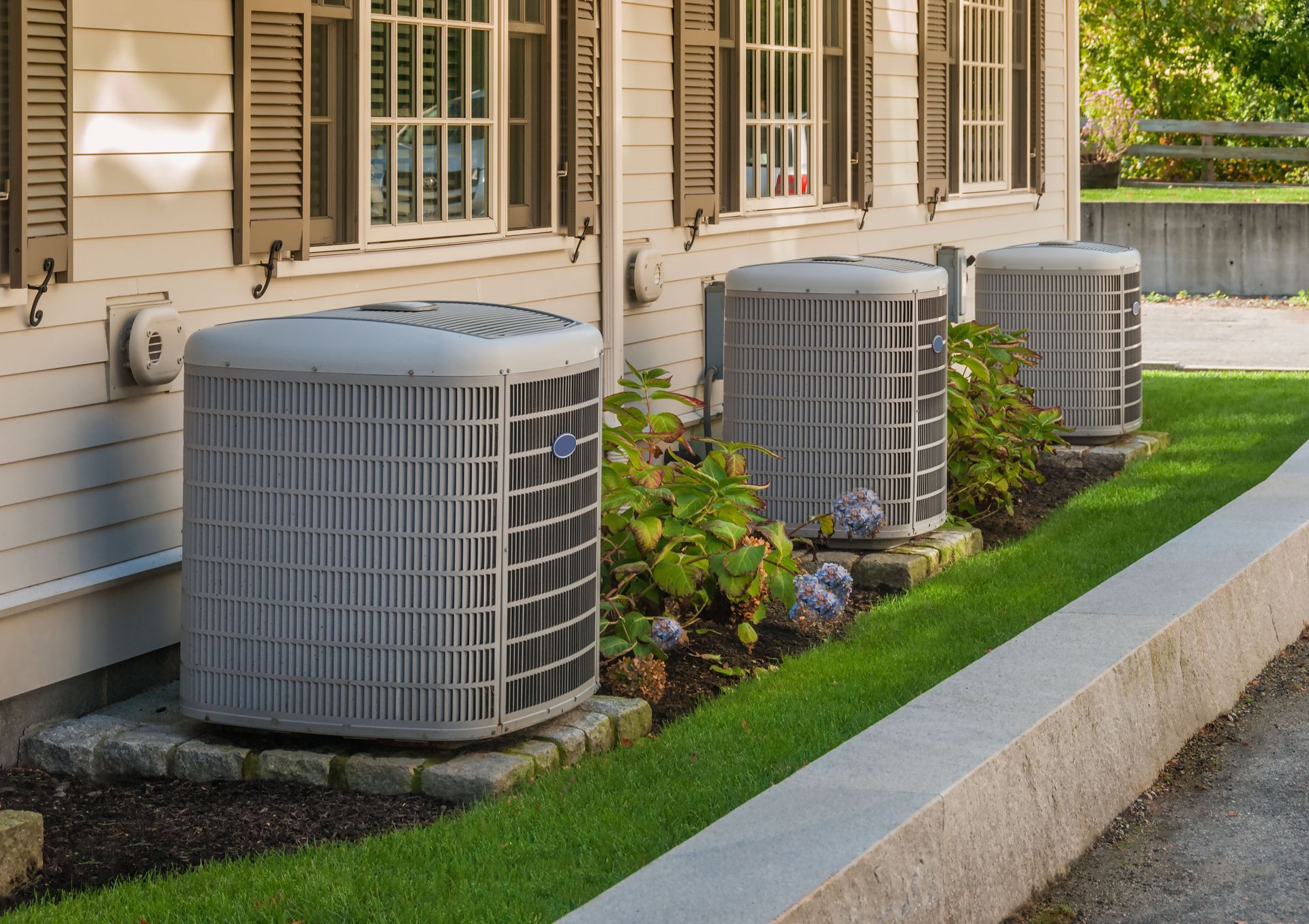
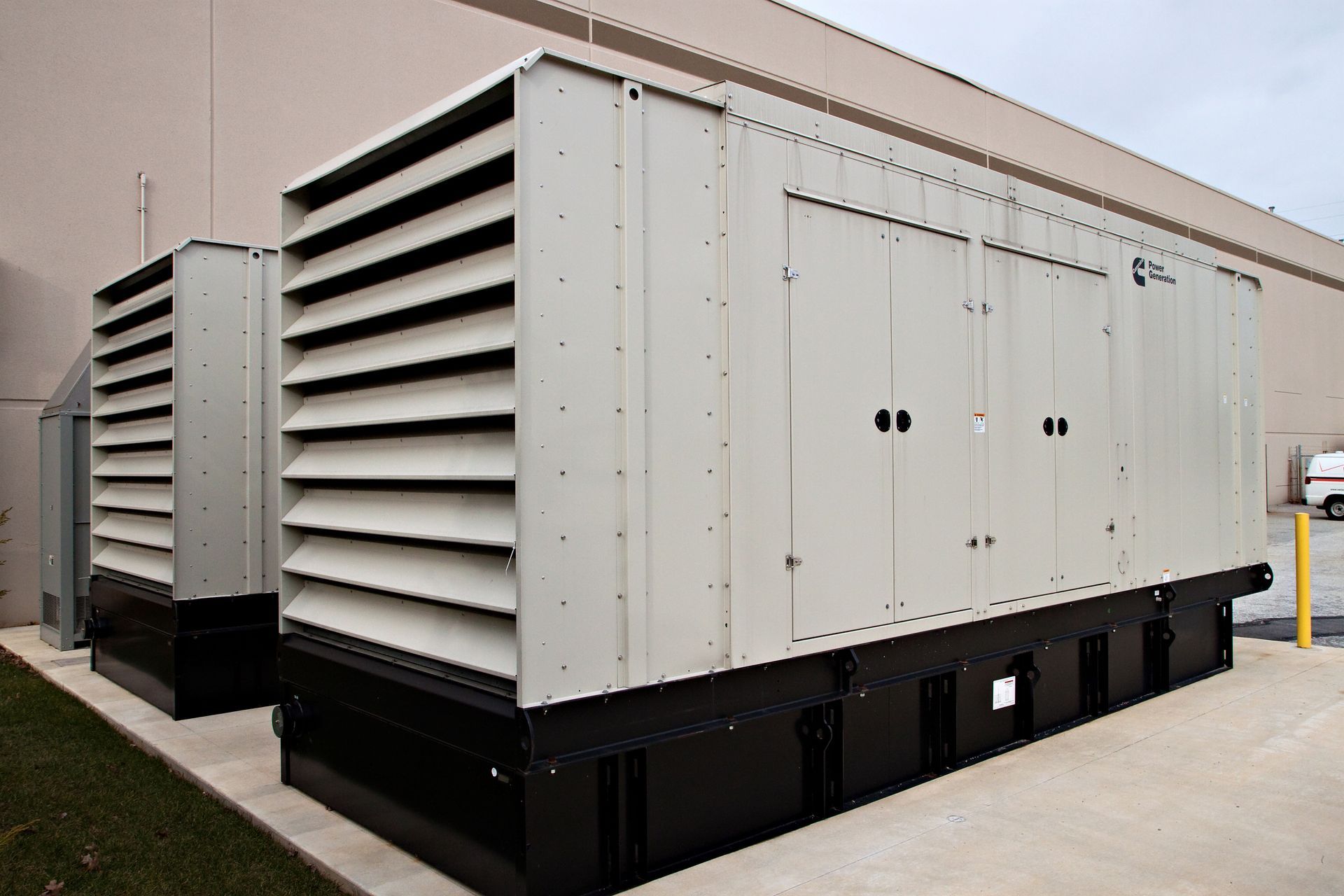
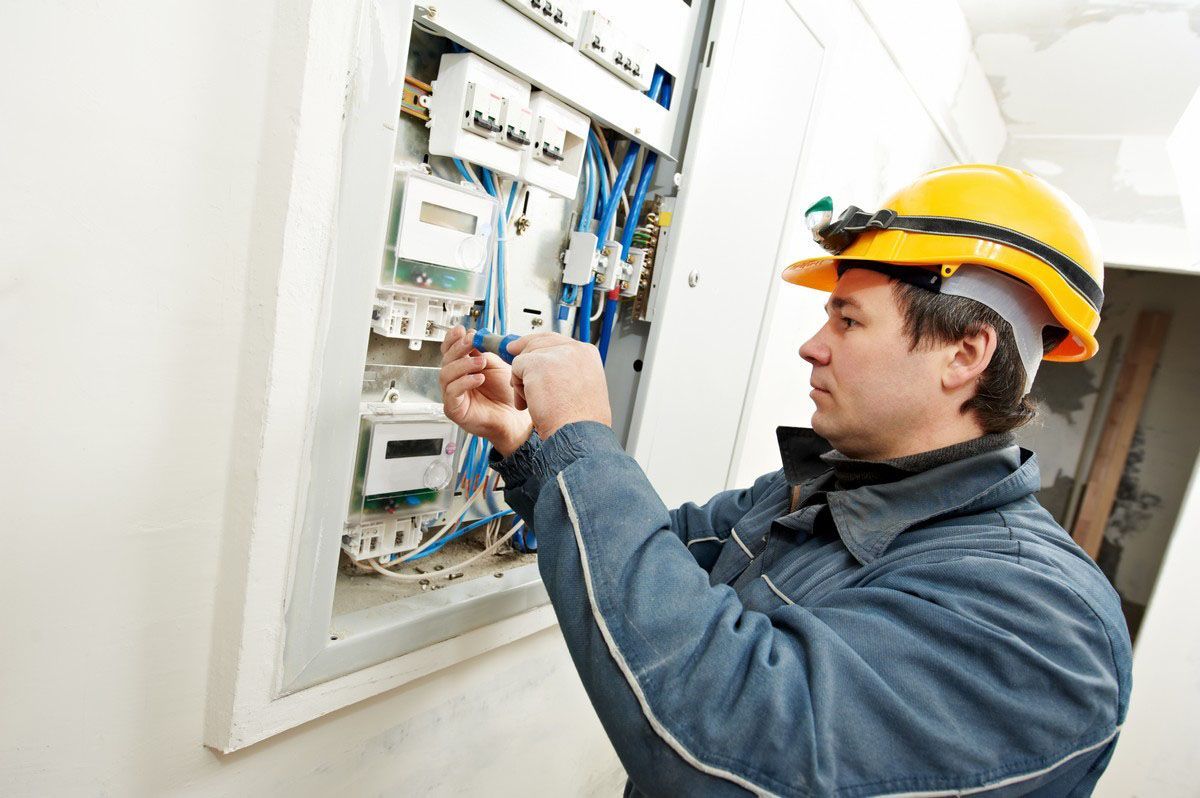
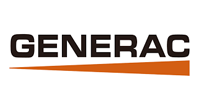
Share On: